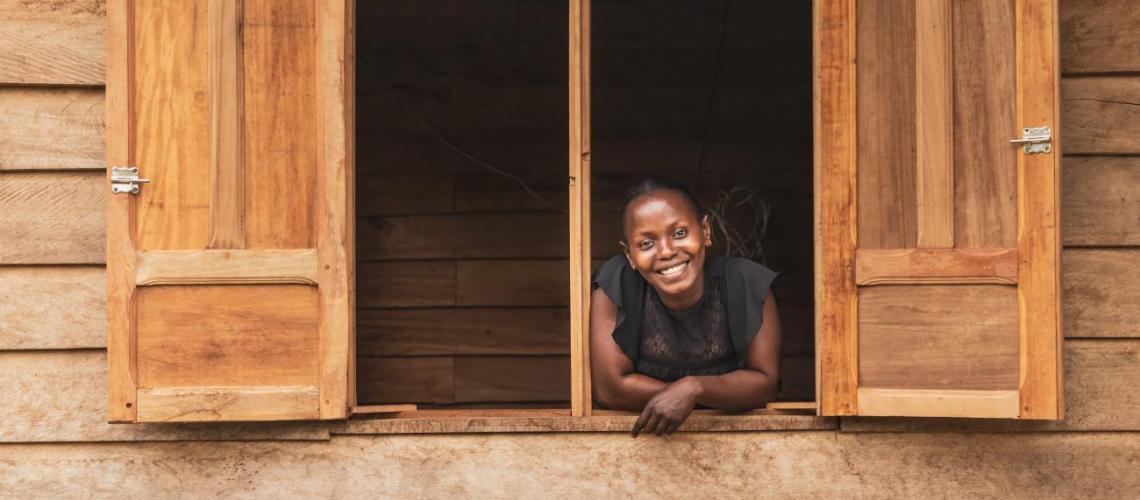Equatorial Guinea

Photo: © UN Photo
UN Equatorial Guinea Country Team
Resident Coordinator Office
1 / 2
1 / 4
UN Entities in Equatorial Guinea
1 / 17
UN Key Documents
UNDAF/United Nations Sustainable Development Cooperation Framework (CP)
UNDAF / CF START DATE
01 January 2019
UNDAF / CF END DATE
31 December 2023
START OF NEW CF CYCLE
01 January 2024
1 / 7














